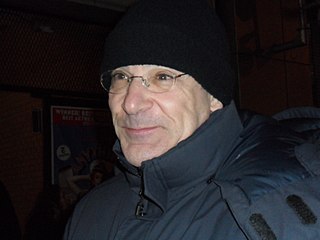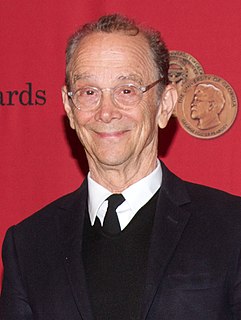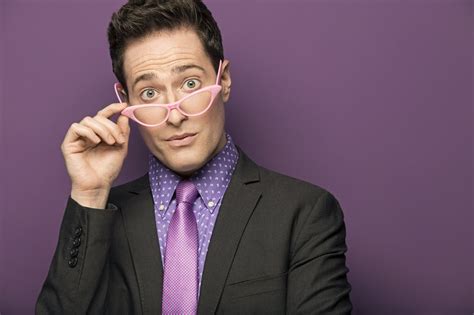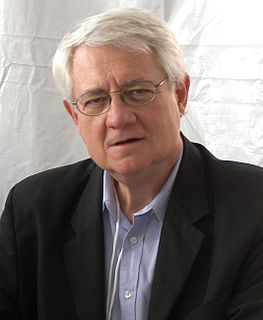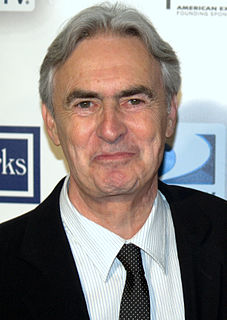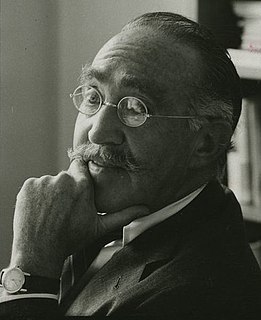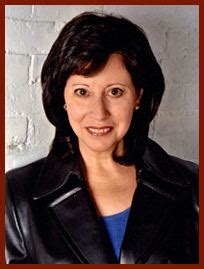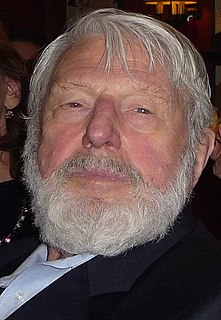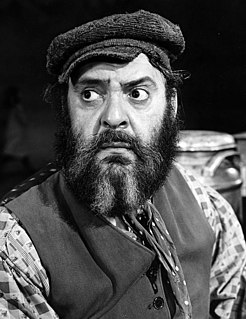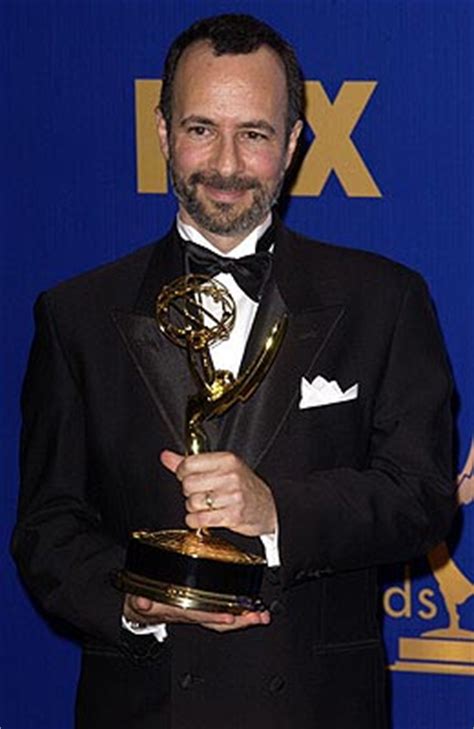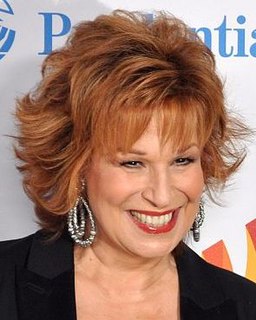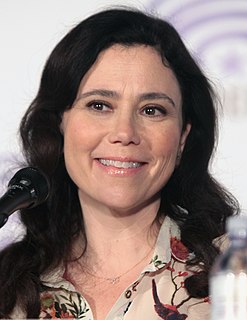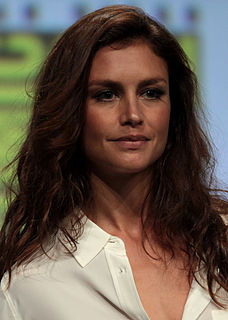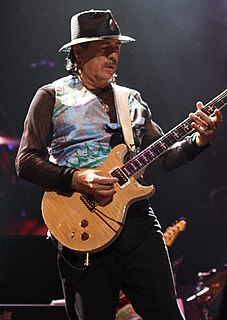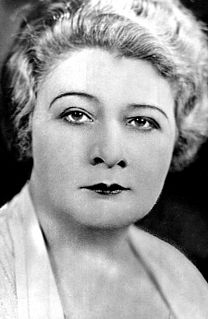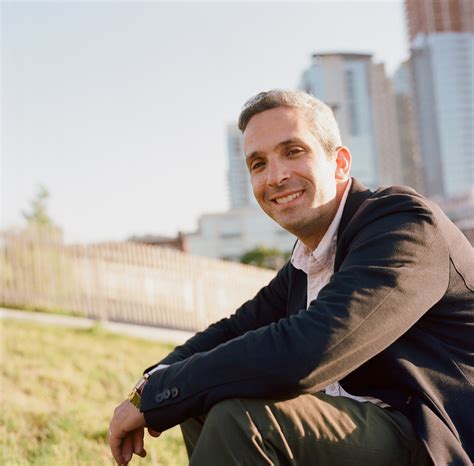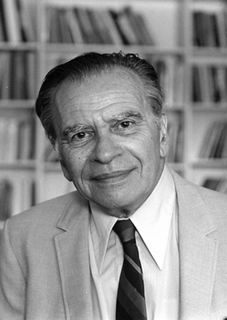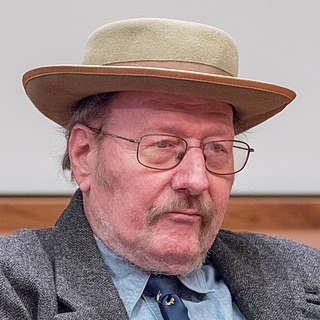Top 64 Yiddish Quotes & Sayings
Explore popular Yiddish quotes.
Last updated on April 14, 2025.
What happens when you speak colloquial Hebrew is you switch between registers all the time. So in a typical sentence, three words are biblical, one word is Russian, and one word is Yiddish. This kind of connection between very high language and very low language is very natural, people use it all the time.
Yiddish, originally, in Eastern Europe was considered the language of children, of the illiterate, of women. And 500 years later, by the 19th century, by the 18th century, writers realized that, in order to communicate with the masses, they could no longer write in Hebrew. They needed to write in Yiddish, the language of the population.
On 'Curb Your Enthusiasm,' I remember that sometime in Season 3, there was a Yiddish phrase, 'Kinahura,' and a friend of mine who was Jewish said that the closed captioning said 'Can of Hurrah.' And I thought 'Oh, God.' I never had bothered to see the transcripts but from that point on all the transcripts had to come to me and I checked them.
The truth is that what the great religions preached, the Yiddish-speaking people of the ghettos practiced day in and day out. They were the people of The Book in the truest sense of the word. They knew of no greater joy than the study of man and human relations, which they called Torah, Talmud, Mussar, Cabala.
I have another aspect of my career where I'm a scholar of Yiddish and Hebrew literature, and I'll say that when you study Yiddish literature, you know a whole lot about forgotten writers. Most of the books on my shelves were literally saved from the garbage. I am sort of very aware of what it means to be a forgotten artist in that sense.
Even though I loved the song [My Yiddish Momme] and it was a sensational hit every time I sang it, I was always careful to use it only when I knew the majority of the house would understand Yiddish. However, you didn't have to be a Jew to be moved by 'My Yiddish Momme.' 'Mother' in any language means the same thing.
Brandeis is so fast and loose and informal, I didn't have any problem offering a history course as a biologist. The barriers would be far more formidable, unscalable, at other institutions. But this is a user-friendly place. It's 'Shmedrik University' - that's a Yiddish word for even worse than schlemiel.
